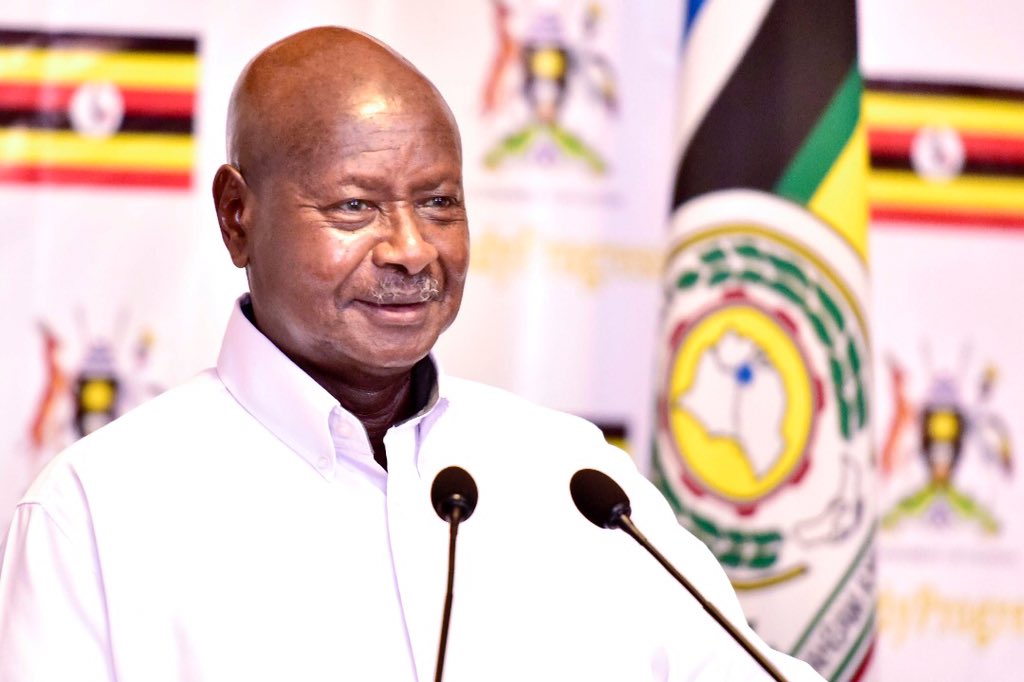“Your Excellencies,
The people of Uganda and myself, welcome you to Uganda. I thank you for coming to show solidarity with us on this joyful occasion. By 1900, the whole of Africa had been colonized, except for Ethiopia. This was a big shame to Africa and it was all due to the political fragmentation of Africa into small kingdoms and chiefdoms. Some of the traditional leaders, tried to fight to preserve their independence.
They were, however, not co-ordinated and they were defeated one by one. Taking Uganda as an example, our society was, that time, a precapitalist, mainly non-money one, using barter trade (kuchurika) and comprised of 3 social classes: the feudalists; the artisans (black-smiths, carpenters, potters, etc.); and the peasants (agriculturalists, pastoralists and fishermen).
By 1962, at independence, this pre-capitalist economy and society had, somewhat, metamorphosed into a typical enclave colonial economy with a small island of modernity that had entered the money economy, surrounded by a sea of backward subsistence economic activities, that only catered for food and no cash. The small monetary enclave economy left by the British, was described as the economy of the 3Cs and the 3Ts. The 3Cs being: Coffee, Cotton and Copper and the 3Ts being: Tobacco, Tea and Tourism. This little enclave, was growing well. In 1969, it grew at the rate of 11%. When the illiterate Idi Amin came in, in 1971, the small enclave collapsed, almost completely. By 1986, sixteen years after the onset of the Idi Amin regime, two of the 3Cs (cotton and copper) had disappeared and two of the 3Ts (Tourism and Tea), had either disappeared or radically shrank. Tea exports, had gone from 23 million kgs in 1969 to only 3 million kgs. Hence, it was only coffee and tobacco that were still limping on.
With the clear-headed ideology of the NRM, we had correctly diagnosed the problem of Uganda. Philosophically and strategically, the main mistake was to emphasize identity (of religion, tribe and gender chauvinism), instead of emphasizing interests (markets, security, infrastructure, etc). Accordingly, we distilled the four (4) principles of NRM:
(i) Patriotism ─ loving Uganda and rejecting sectarianism of religion or tribe as well as gender chauvinism; this is, among other things, to ensure, that the united market of Uganda is available to our producers without any hindrances (multiple taxation by local governments, etc).




